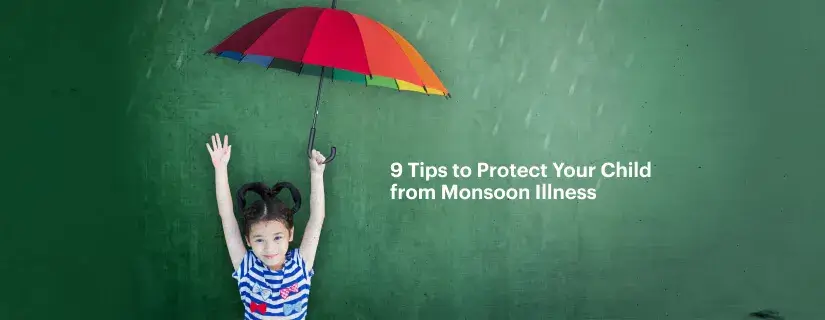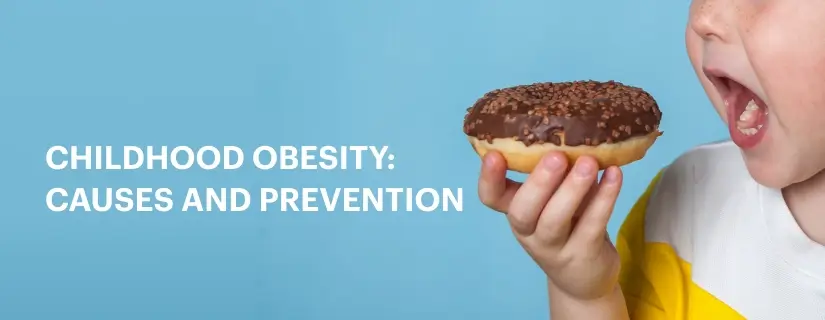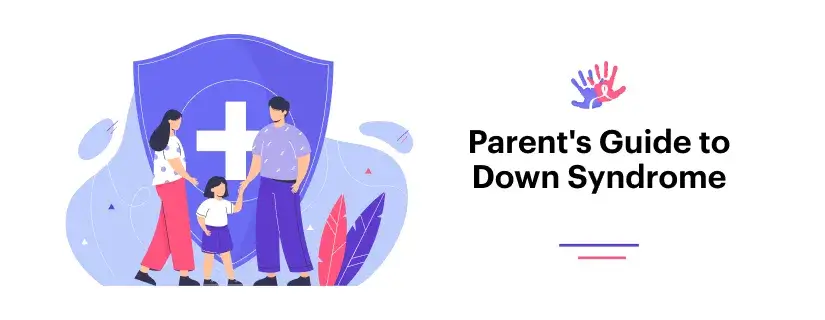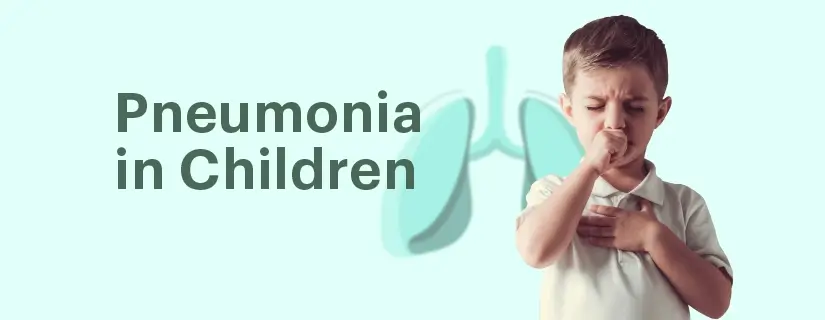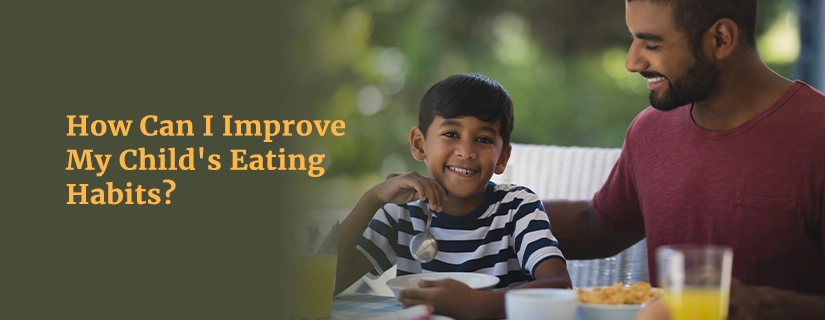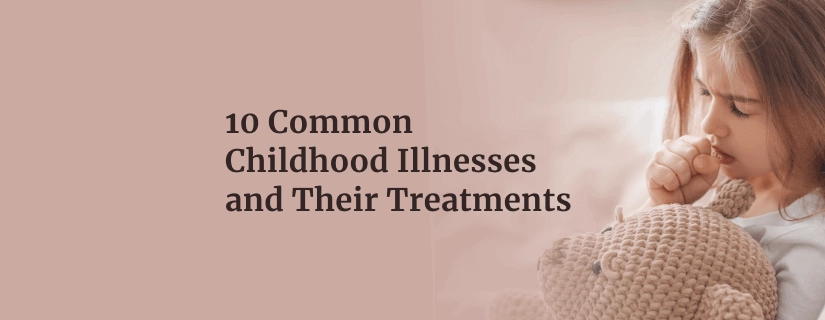-
Doctors
-
Specialities & Treatments
Centre of Excellence
Specialties
Treatments and Procedures
Hospitals & Directions HyderabadCARE Hospitals, Banjara Hills CARE Outpatient Centre, Banjara Hills CARE Hospitals, HITEC City CARE Hospitals, Nampally Gurunanak CARE Hospitals, Musheerabad CARE Hospitals Outpatient Centre, HITEC City CARE Hospitals, Malakpet
HyderabadCARE Hospitals, Banjara Hills CARE Outpatient Centre, Banjara Hills CARE Hospitals, HITEC City CARE Hospitals, Nampally Gurunanak CARE Hospitals, Musheerabad CARE Hospitals Outpatient Centre, HITEC City CARE Hospitals, Malakpet Raipur
Raipur
 Bhubaneswar
Bhubaneswar Visakhapatnam
Visakhapatnam
 Nagpur
Nagpur
 Indore
Indore
 Chh. Sambhajinagar
Chh. SambhajinagarClinics & Medical Centers
Book an AppointmentContact Us
Online Lab Reports
Book an Appointment
Consult Super-Specialist Doctors at CARE Hospitals
Dengue Fever in Children: Symptoms, Stages and Treatment
Updated on 26 September 2024
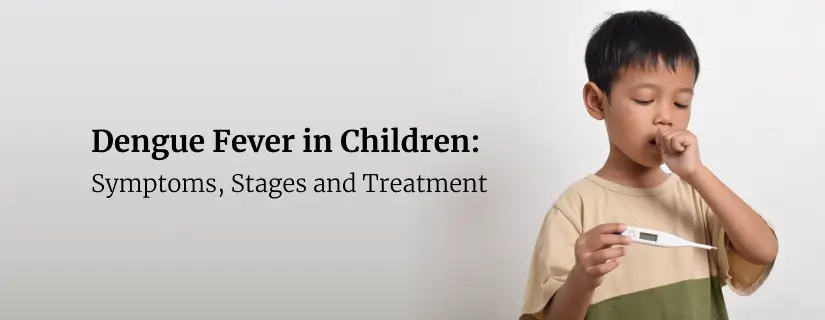
Dengue fever is a mosquito-borne illness affecting millions of children worldwide yearly. This illness can be particularly dangerous for young ones, making it crucial for parents to recognise the signs early. Dengue fever in children often presents with symptoms that can be mistaken for other common childhood illnesses, which is why understanding its unique characteristics is so essential.
This blog aims to help parents identify dengue fever symptoms in children, from the initial fever to the potential appearance of a dengue fever rash. We'll explore the stages of the disease, discuss treatment options, and provide prevention tips. By the end, you'll be better equipped to spot the warning signs of dengue fever in children and know when to seek medical help, ensuring your child gets the care they need as quickly as possible.

What is Dengue Fever?
Dengue fever is a common mosquito-borne viral infection that is generally present in tropical and subtropical regions. Aedes mosquitoes, primarily Aedes aegypti, transmit this viral illness. It manifests as a high fever and flu-like symptoms, often referred to as "breakbone fever" due to the severe pain it can cause. The virus spreads through mosquito bites but doesn't transmit from person to person.
Symptoms typically appear 3 to 8 days after infection, including a high temperature (40°C/104°F), severe headache, pain behind the eyes, muscle and joint aches, nausea, vomiting, and a distinctive rash. Most cases are mild and resolve within 1-2 weeks, but some can develop into severe dengue, which requires immediate medical attention.
How can Dengue Affect Children?
Dengue fever can have a significant impact on children. It causes fever, headaches, rashes, and body pain. Children and older adults are more prone to progressing into serious illness. Sometimes, dengue can progress to a more severe form called dengue haemorrhagic fever. This serious condition can lead to internal bleeding, organ failure, and even death if not treated promptly.
Parents should watch for warning signs like severe abdominal pain, persistent vomiting, bleeding gums, and extreme fatigue. These symptoms often appear after the fever subsides and require immediate medical intervention to prevent life-threatening complications.
Stages of Dengue Fever in Children
Dengue fever in children typically progresses through three stages:
- Febrile Phase: The initial stage involves high fever (around 40°C) and flu-like symptoms. Children may experience severe headaches, sore throat, pain behind the eyes, joint and muscle pain, rash, nausea, and vomiting. A generalised blanchable macular rash or skin erythema appears within 1 to 2 days of fever onset.
- Critical Phase: During the critical phase, usually between days 3 and 7, the temperature drops to around 37.5 to 38 °C. This phase manifests as increased capillary permeability, which lasts 1 to 2 days. Parents should watch for a rapid decline in platelet count and increased haematocrit levels.
- Recovery: This stage begins when the fever drops and lasts about 2-3 days. This final stage involves the gradual reabsorption of leaked fluids, leading to an improvement in symptoms. However, careful monitoring is necessary to ensure the child does not develop complications.
Throughout these stages, common laboratory findings are thrombocytopenia, leukopenia, and elevated aspartate aminotransferase levels. Doctors may use ELISA tests, PCR, or virus isolation from body fluids for diagnosis.
Dengue Symptoms in Children
Dengue fever in children symptoms typically appears 4-10 days after a mosquito bite. Children may experience milder cases than adults.
Common symptoms of dengue fever in children include high fever, headaches, body pain, and rashes. However, parents should watch for severe symptoms like persistent vomiting, severe abdominal pain, bleeding gums, and fatigue. These signs could indicate dengue haemorrhagic fever, which is more common in children, especially during secondary infections. Severe dengue affects about 5% of cases and can lead to shock, internal bleeding, or even death if not treated promptly.
Treatment of Dengue in Children
Doctors treat dengue fever in children primarily by managing symptoms. There's no specific antiviral treatment for dengue, so supportive care is the main focus, such as:
- Rest: Ensure the child gets enough rest and avoids strenuous activities.
- Hydration: To avoid dehydration, children with dengue should drink plenty of fluids (oral rehydration solutions, water, fruit juices). If the child is unable to drink or shows signs of severe dehydration, hospitalisation may be necessary for intravenous fluid replacement and close monitoring.
- Fever Management: Over-the-counter pain relievers like paracetamol can help reduce fever and discomfort. However, parents should avoid giving aspirin and ibuprofen to children as they can increase bleeding risks.
- Hospitalisation: Doctors may advise hospitalisation in severe cases to manage:
- Intravenous fluid replacement for severe dehydration
- Platelet monitoring and infusion in low platelet count
- Blood transfusion in case of severe bleeding
Parents should keep an eye on warning signs such as persistent vomiting, severe abdominal pain, or bleeding. If these occur, immediate medical attention is crucial.
Dengue Prevention
Parents can protect their children from dengue fever by taking proactive measures, such as:
- Parents should use insect repellent containing DEET on exposed skin.
- Use insecticide-treated materials like window curtains.
- Develop the habit of dressing children in loose-fitting, long-sleeved shirts and pants.
- It's crucial to control mosquitoes around the home by removing standing water bodies and using screens on windows and doors.
- Cover stored water in buckets and pots appropriately.
- When travelling to endemic areas, families should stay in air-conditioned rooms and use bed nets if necessary.
- Children aged 9-16 with previous dengue infection may be eligible for vaccination in certain regions.
Dengue in Children: Key Things to Watch For
Dengue fever is a viral illness transmitted by mosquitoes and can be particularly serious in children. It typically presents with high fever, body aches, fatigue, and sometimes a rash. Parents should be especially vigilant about dehydration, a common complication in children with dengue. As the fever progresses, children may lose fluids rapidly through sweating and vomiting, leading to dehydration. It is crucial to monitor their urine output — fewer bathroom trips, dark urine, or dry lips and mouth could be warning signs of dehydration. Ensure your child stays well-hydrated with fluids like oral rehydration solutions.
While parents can’t track medical indicators like platelet counts and hematocrit levels at home, they can observe for warning signs such as severe abdominal pain, persistent vomiting, bleeding gums, or drowsiness, which require immediate medical attention.
Dengue has four different serotypes, meaning a person can be infected multiple times. Importantly, a second infection with a different serotype can often be more severe than the first, increasing the risk of complications like Dengue Hemorrhagic Fever or Dengue Shock Syndrome.
Parents should focus on hydration, rest, and timely medical consultations to manage dengue effectively.
Conclusion
Parents must recognise dengue fever in children to ensure timely medical intervention. By understanding the distinctive signs, such as high fever, severe headaches, and the potential appearance of a dengue fever rash in children, parents can act swiftly to protect their child's health. The importance of prevention cannot be overstated, with simple measures like using insect repellent and eliminating standing water having a significant impact on reducing the risk of infection.
Staying well-informed and vigilant is crucial in safeguarding children against dengue fever. While the illness can be serious, promptly recognising symptoms and appropriate medical care can lead to positive outcomes. Parents should remember that their awareness and quick action play a vital role in managing this disease. By following the guidelines, families can be better prepared to face the challenge of dengue fever and ensure the wellness of their children.
FAQ's
1. Is dengue fever serious in children?
Dengue fever can be serious in children, especially infants and young children. Their weaker immune systems make them more susceptible to severe dengue illness and complications. Pregnant women also face higher risks of potentially passing dengue to their babies. Severe dengue can develop quickly, resulting in internal bleeding and organ failure if not managed promptly.
2. What is the best food for kids with dengue?
Children with dengue should eat easily digestible, nutrient-rich foods. Fruits high in vitamin C, vegetables, lean proteins, and whole grains support the immune system. Papaya, kiwi, citrus fruits, spinach, and lean meats are good choices. Fluids like water, coconut water, and clear soups help maintain hydration. Yoghurt and kefir can promote digestive health.
3. What to not eat in dengue?
Avoid spicy, fatty, and fried foods, which are difficult to digest. Steer clear of caffeine, alcohol, and sugary beverages, which can cause dehydration. Avoid processed foods, junk food, and raw vegetables.
4. How many days do platelets fall in dengue in kids?
Platelet counts typically start decreasing around the fourth day of dengue fever. They continue to fall until the seventh day, reaching their lowest point. Recovery begins around day seven, with platelet counts usually returning to normal by day ten.
5. What tests will be done to diagnose dengue?
Dengue is diagnosed through blood tests. Before day five of illness, doctors may use virus isolation, nucleic acid amplification tests, or antigen detection. After day five, antibody tests are more common. A four-fold increase in antibody levels in paired sera indicates recent infection. Platelet count and haematocrit are also regularly monitored.
6. Is Dengue Curable in Kids?
While there's no specific cure for dengue, parents can effectively manage most cases in children with proper care. Treatment focuses on symptom management, including rest, hydration, and fever control with paracetamol. Severe cases may require hospitalisation for intravenous fluids and close monitoring. Even severe dengue symptoms can be managed successfully in children with prompt medical attention.
ENQUIRY FORM
SELECT CATEGORIES
-
Neurosciences (16)
-
Neurology (37)
-
Neurosurgery (14)
-
Orthopaedics (48)
-
Oncology (33)
-
Obstetrics and gynecology (52)
-
Pulmonology (23)
-
Urology (20)
-
Nephrology (13)
-
Psychiatry (7)
-
Dietetics and Nutrition (111)
-
General Medicine (63)
-
Cardiac Sciences (32)
-
Vascular & Endovascular Surgery and Interventional Radiology (15)
-
Gastroenterology (46)
-
Endocrinology (23)
-
Plastic Surgery (10)
-
Critical Care Medicine (5)
-
COVID-19 (16)
-
Dermatology (16)
-
Emergency Care (1)
-
Ophthalmology (4)
-
Pediatrics (14)
-
Laparoscopic and Bariatric Surgery (8)
-
ENT (15)
-
Kidney Transplant (1)
-
Liver Transplantation and Hepatobiliary Surgery (5)
-
General Surgery (3)
-
Internal Medicine (5)
-
Medicine Information
Child Limping: Causes, Symptoms, Diagnosis and Treatment
Constipation in Children: Symptoms, Causes, Treatment and Home Remedies
YOU MAY ALSO LIKE
RECENT BLOGS
-

Preterm Birth (Premature Birth): Symptoms, Causes, Treatment and Prevention
13 May 2025
Read More
-

Rotablation Angioplasty: Benefits, Treatments, And Recovery Time
9 May 2025
Read More
-

What Is The Difference Between IUI and IVF?
9 May 2025
Read More
-

Venous Malformations: Causes, Symptoms, and Treatment
30 April 2025
Read More
-

Varicose Vein Foam Sclerotherapy: Treatment, Benefits, and Procedure
30 April 2025
Read More
-

Radiofrequency (RF) Ablation Treatment for Varicose Veins: Know More
30 April 2025
Read More
-

Varicose Vein Sclerotherapy: Treatment, Benefits, and Procedure
30 April 2025
Read More
-

Varicose Vein Endovenous Laser Ablation: Procedure, Benefits, Risks
30 April 2025
Read More
Have a Question?
If you cannot find answers to your queries, please fill out the enquiry form or call the number below. We will contact you shortly.




